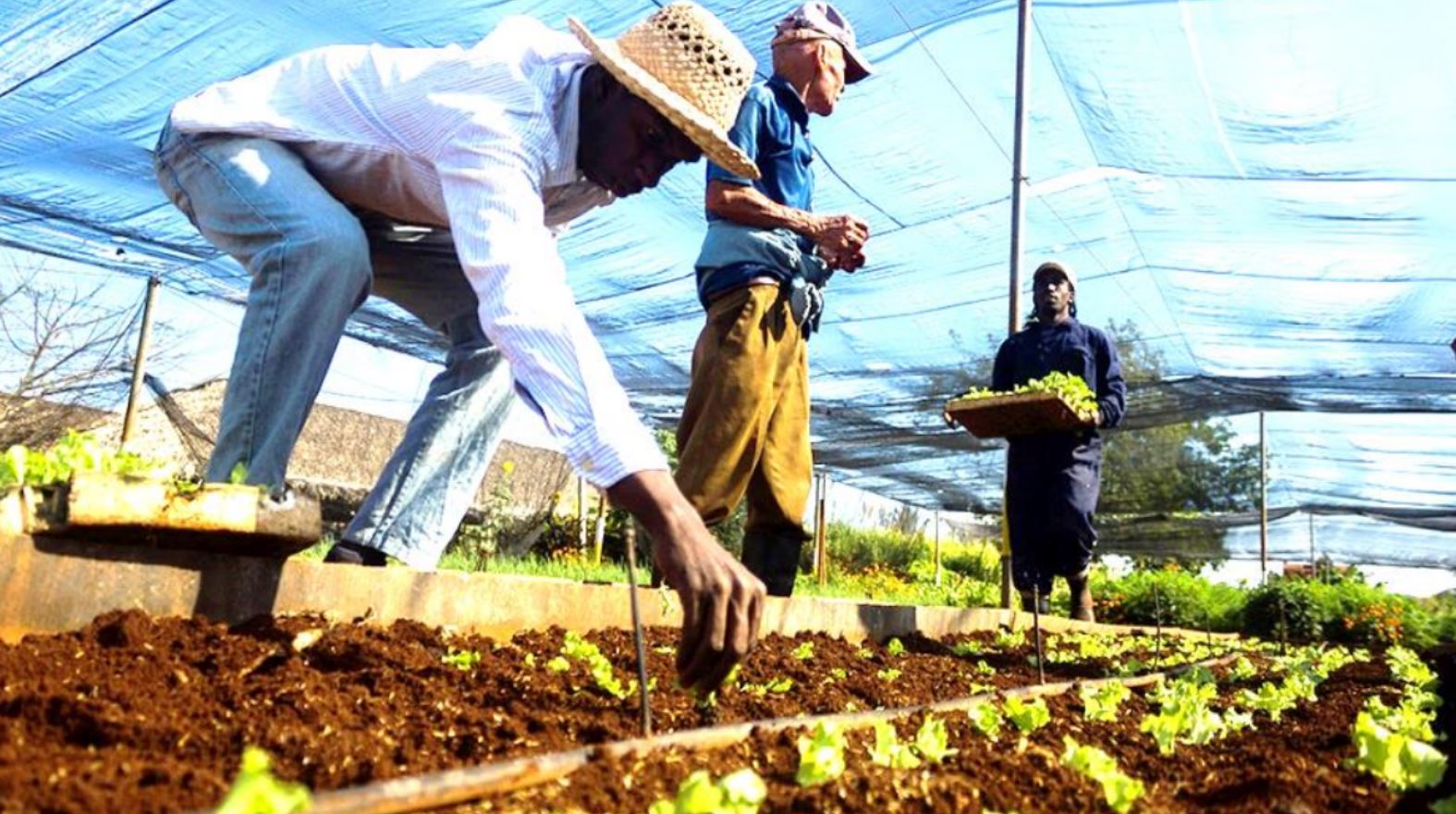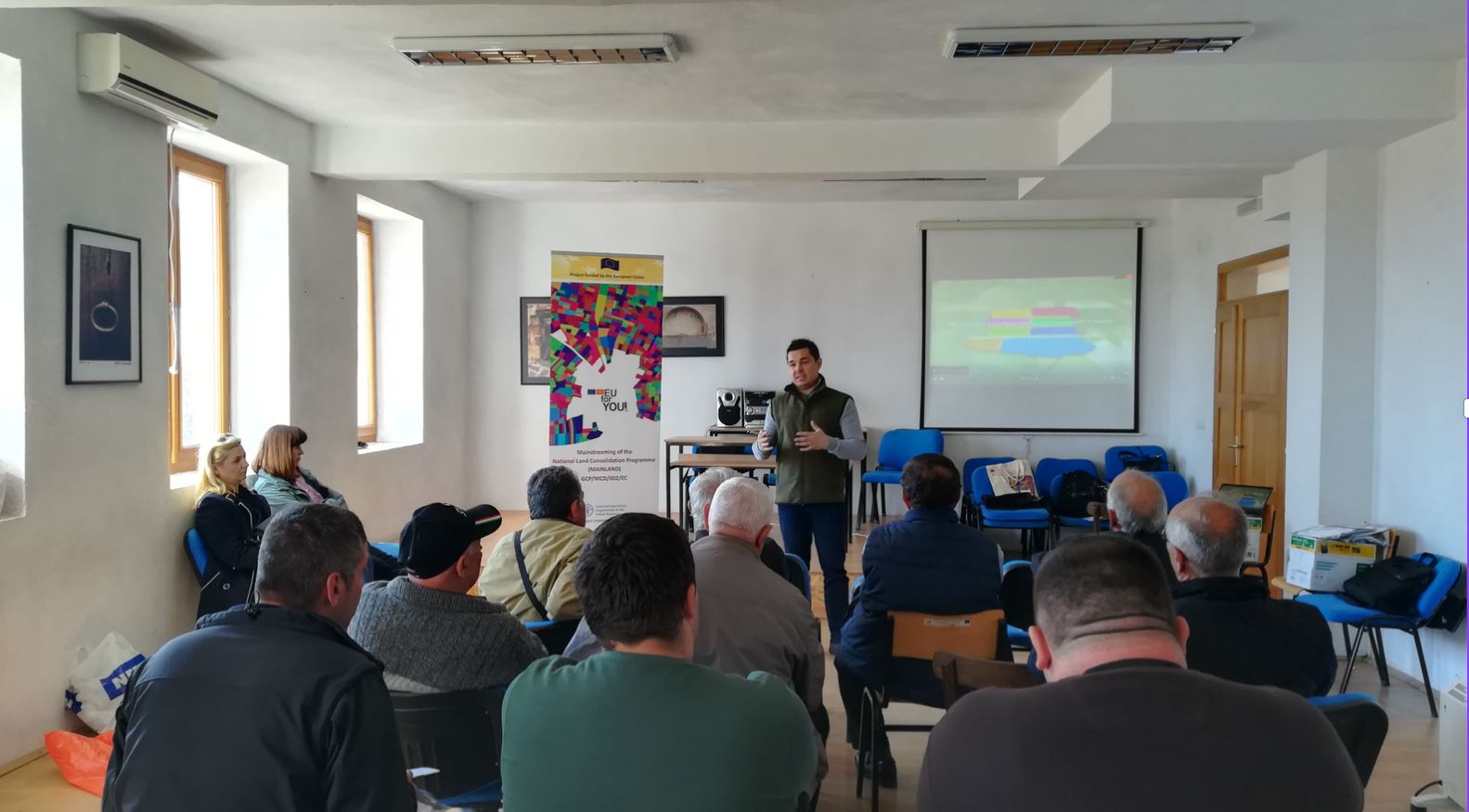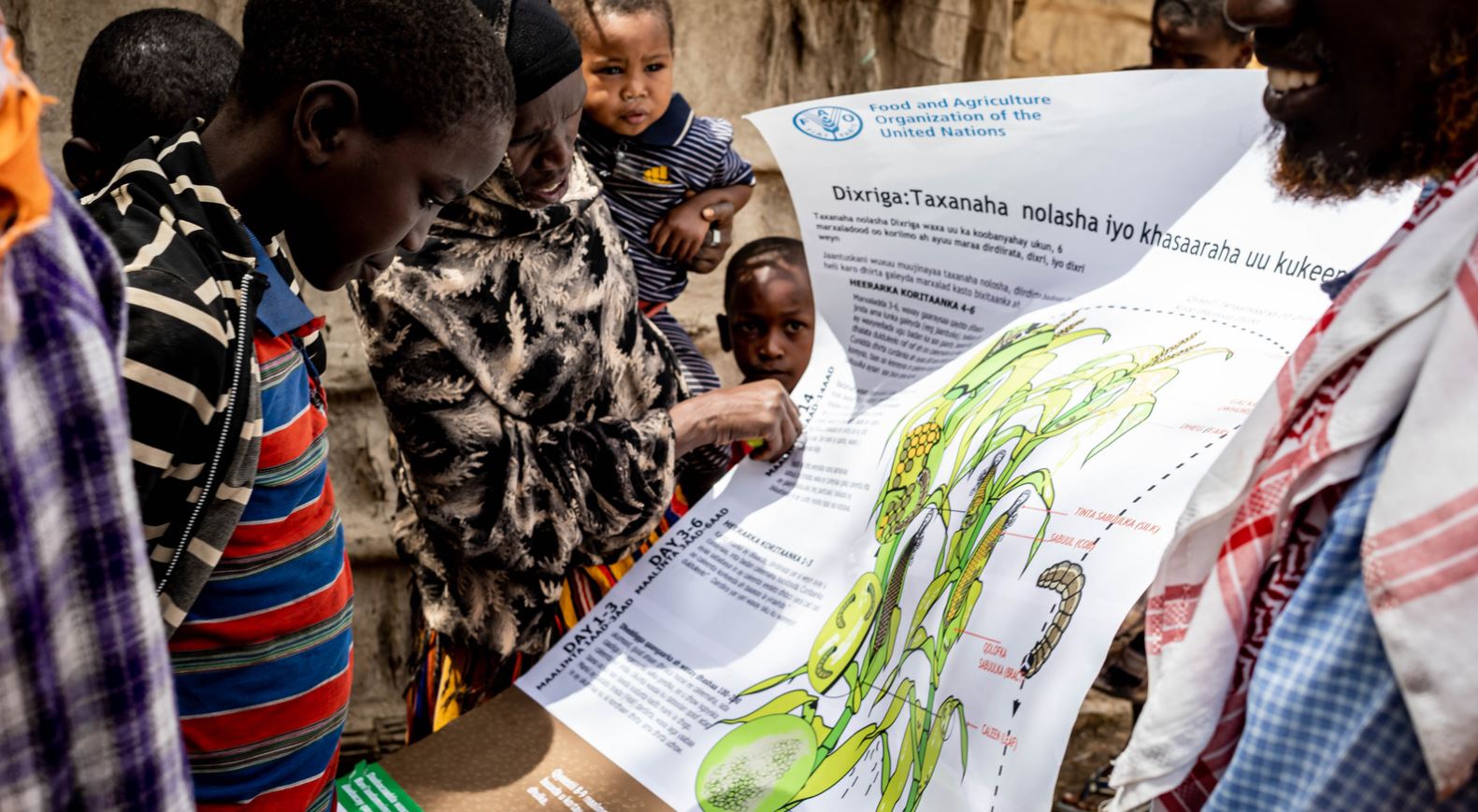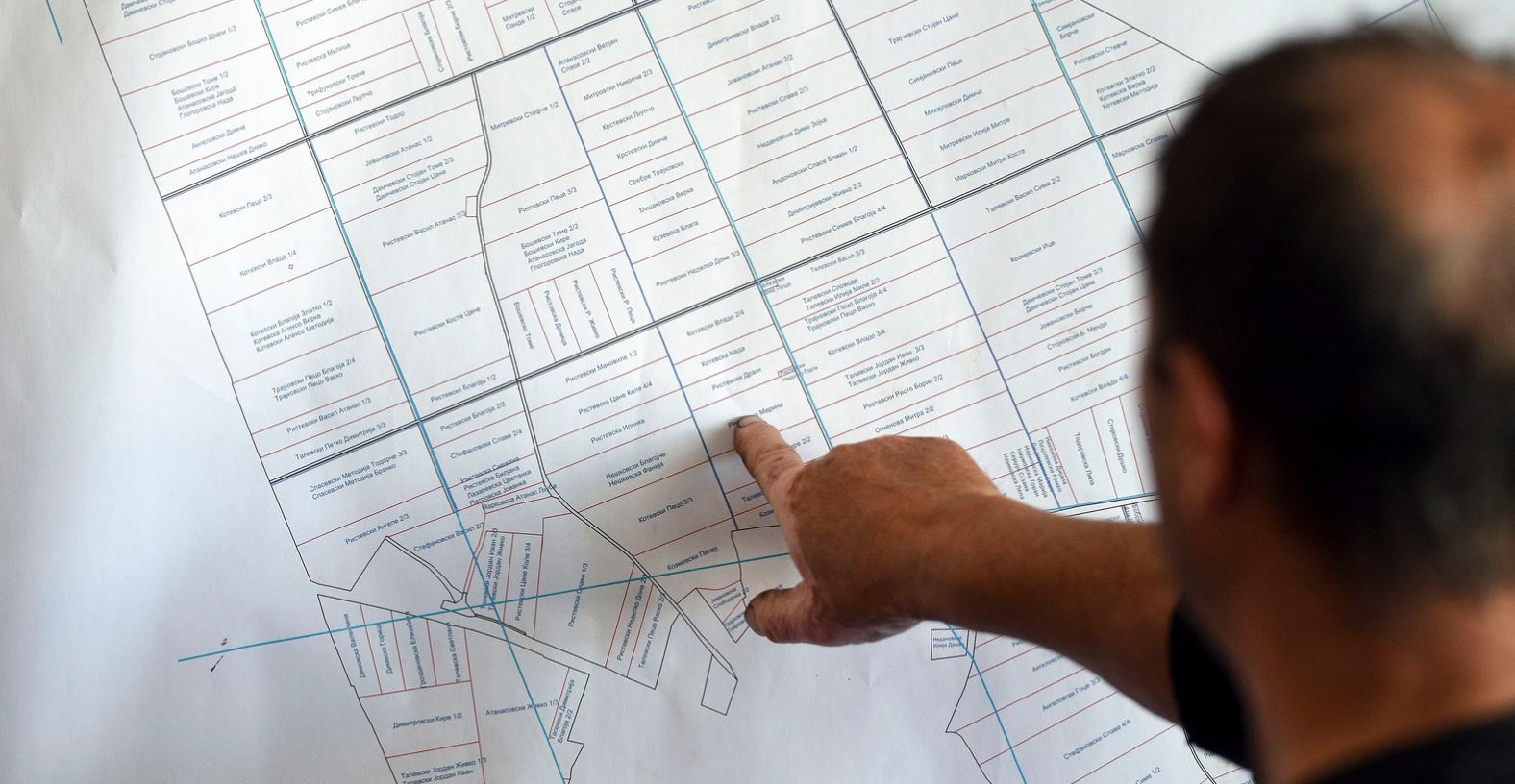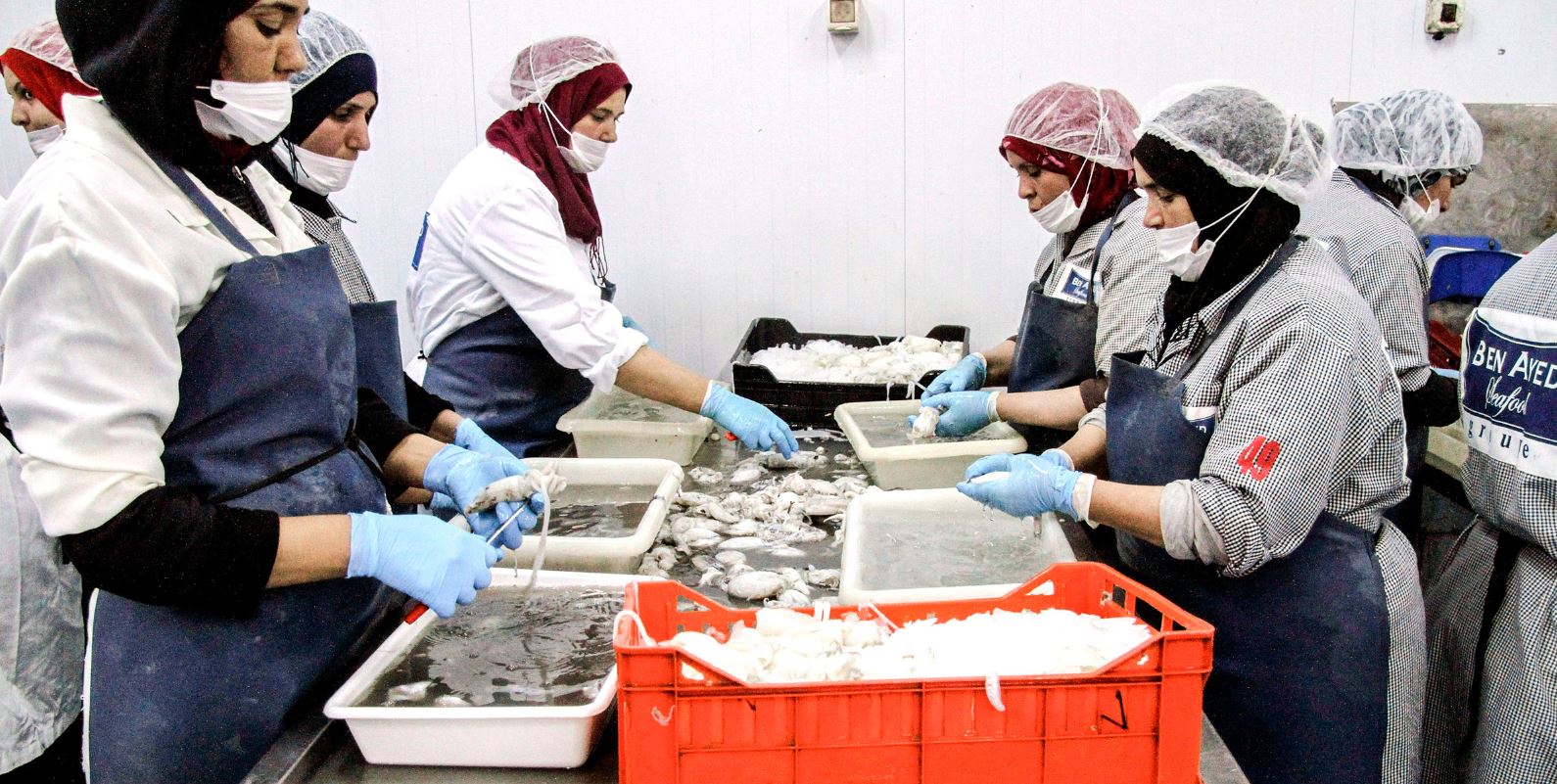The Technical Cooperation Programme (TCP) was created to enable FAO to make its know-how and technical expertise available to member countries upon request. TCP projects are subject to approval criteria that ensure relevance and sustainability of the assistance provided, while catalyzing results towards the achievement of the Sustainable Development Goals.
TCP Results since 2018
An updated monthly record of individual results from TCP Projects. For information on how the results are collected see TCP Results & Indicators
In focus
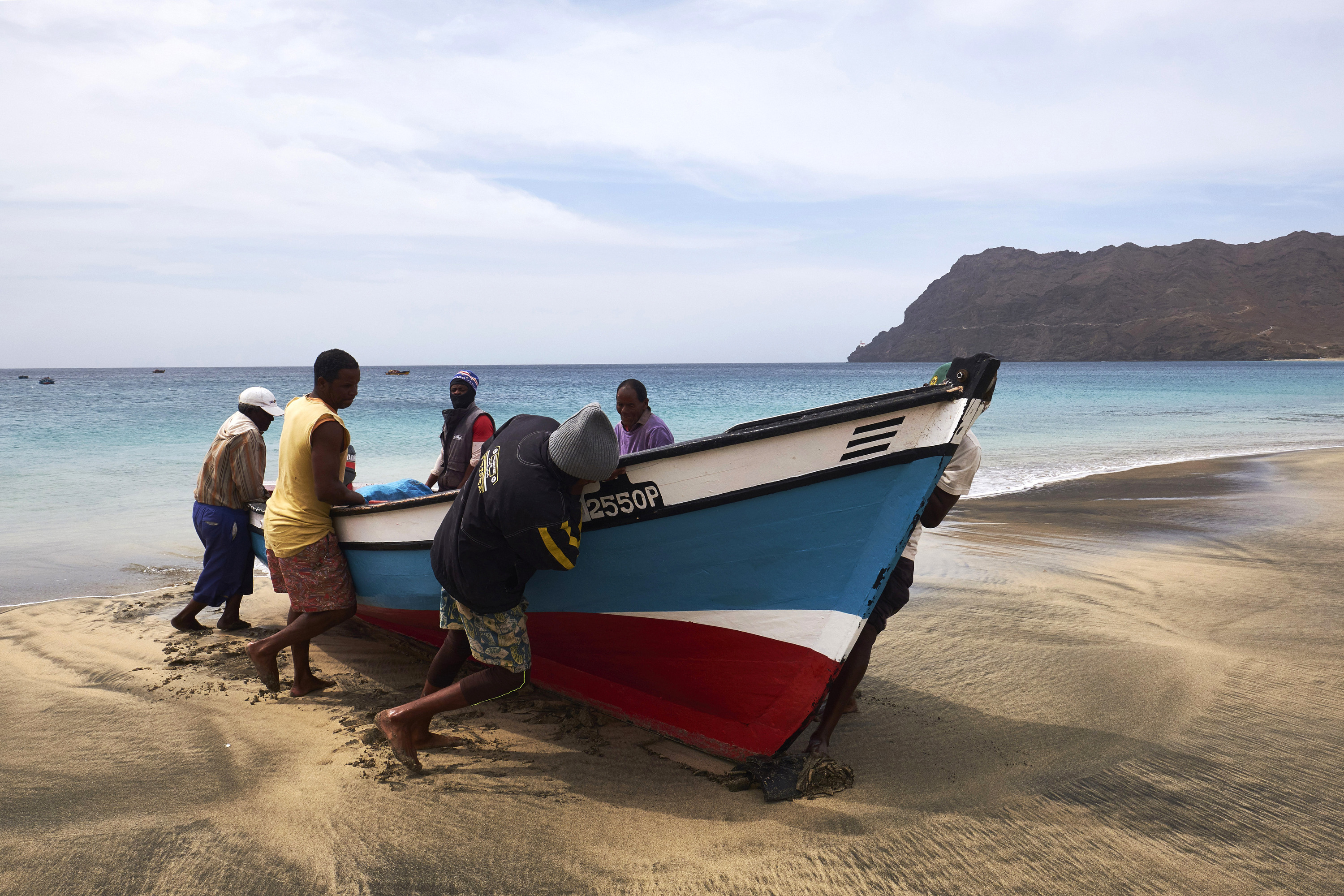
TCP and SIDS
Small Island Developing States (SIDS) are a group of low-lying island nations that are home to approximately 65 million people. Climate change, natural disasters and the distance from global markets make these nations particularly vulnerable.
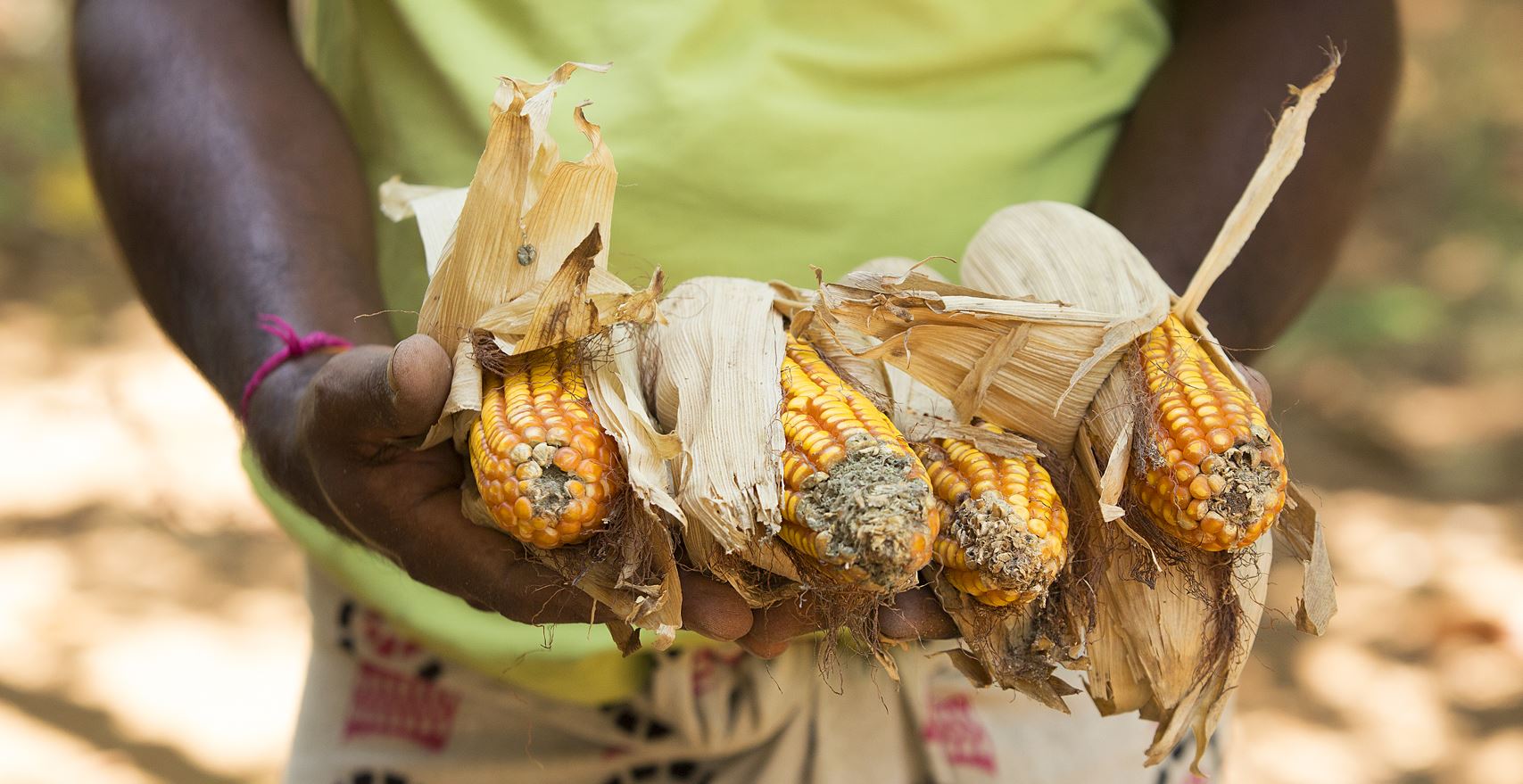
TCP and Fall Armyworm
Fall armyworm (FAW), Spodoptera frugiperda, is a dangerous transboundary insect with a high potential to spread Fall armyworm (FAW), Spodoptera frugiperda, is a dangerous transboundary insect with a high potential to spread rapidly due to its natural distribution capacity and opportunities presented by international trade.
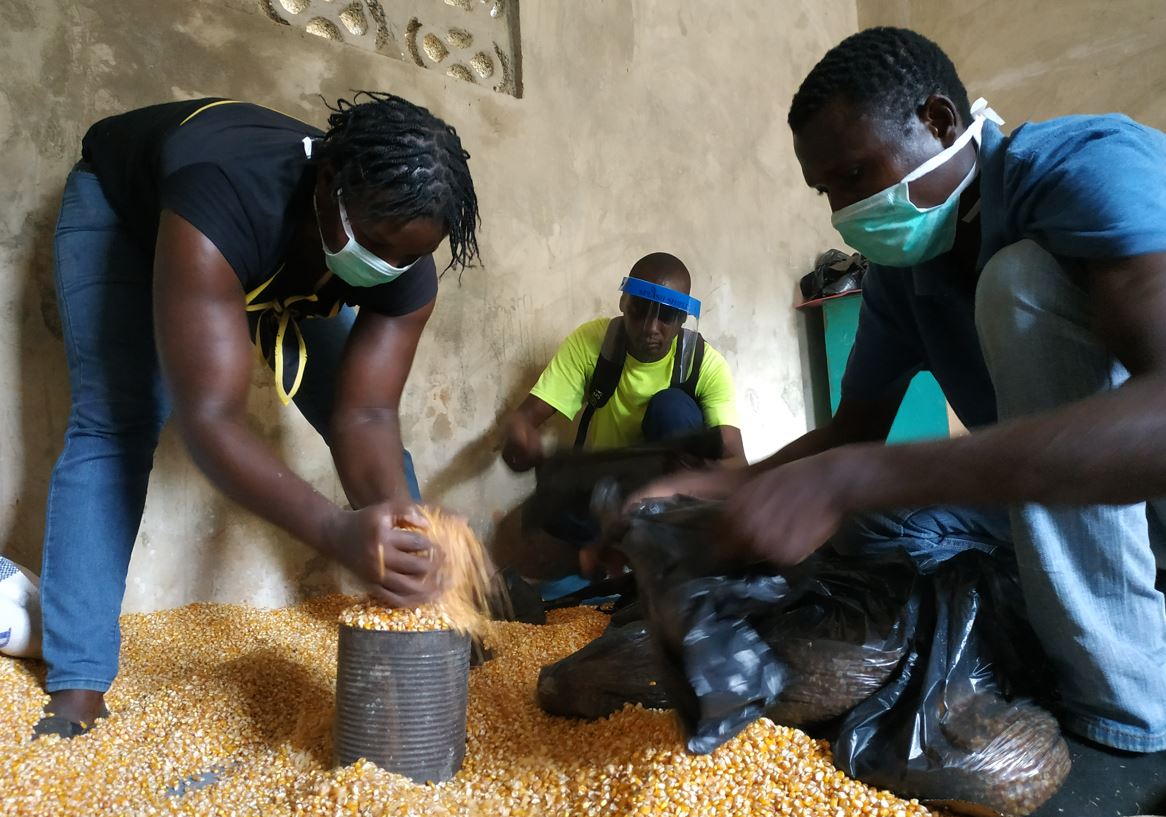
TCP and Covid 19
FAO's comprehensive and holistic COVID-19 Response and Recovery Programme is designed to proactively and sustainably address the socio-economic impacts of the pandemic. In line with the UN approach to “build back better,” and in pursuit of the Sustainable Development Goals...(more)
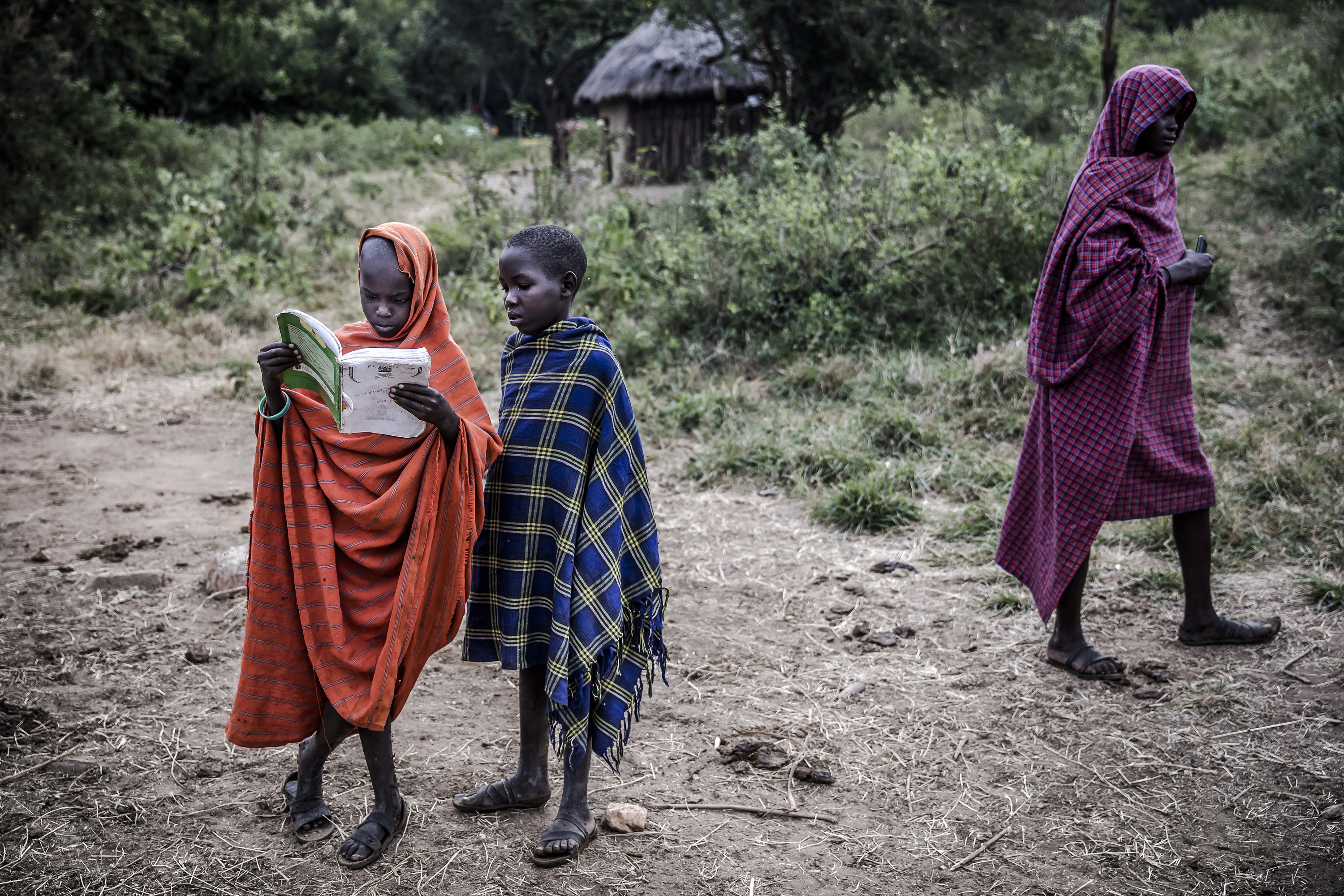
TCP and Emergencies
Emergency TCP projects support both anticipatory action and immediate responses to disasters and early rehabilitation measures through the timely delivery of essential agricultural inputs, services and training...(more)
Multi-Media
Examples of completed projects
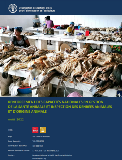
Renforcement des capacités nationales en gestion de la santé animale et inspection des denrées animales et d’origine animale
08/2022
L’élevage santoméen est principalement un élevage de basse-cour qui ne couvre actuellement qu’environ la moitié de la demande locale en produits animaux...
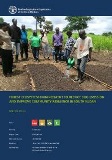
Forest Ecosystem Enhancement to Reduce GHG Emission and Improve Community Resilience in South Sudan
03/2023
The effective management of natural resources, and forest ecosystems and resources specifically, is considered crucial for the Government of South Sudan. It can help to safeguard rural livelihoods and foster sustainable development...
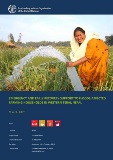
Emergency and Early Recovery Support to Floods-Affected Farming Households in Western Terai, Nepal
03/2023
Nepal is highly vulnerable to climate change, hydrometeorological hazards and extreme events such as storms, floods, landslides and debris flow, and soil erosion...

Recuperación de medios de vida de las poblaciones pesqueras de la costa Caribe de Nicaragua afectadas por los huracanes Iota y Eta
03/2023
En la Costa Caribe, el 30 por ciento de la fuerza laboral depende de la agricultura y aproximadamente el 42 por ciento de la pesca para su sustento. La actividad de extracción de recursos naturales sujeta a explotación en las lagunas y en el mar, es el principal eje económico del territorio.
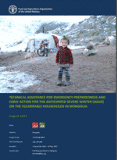
Technical Assistance for Emergency Preparedness and Early Action for the Anticipated Severe Winter (DZUD) on the Vulnerable Households in Mongolia
08/2022
Climate change has intensified over the past 80 years in Mongolia, with the average air temperature increasing by 2 25 degrees Celsius, which is twice the global average ...
Working for the
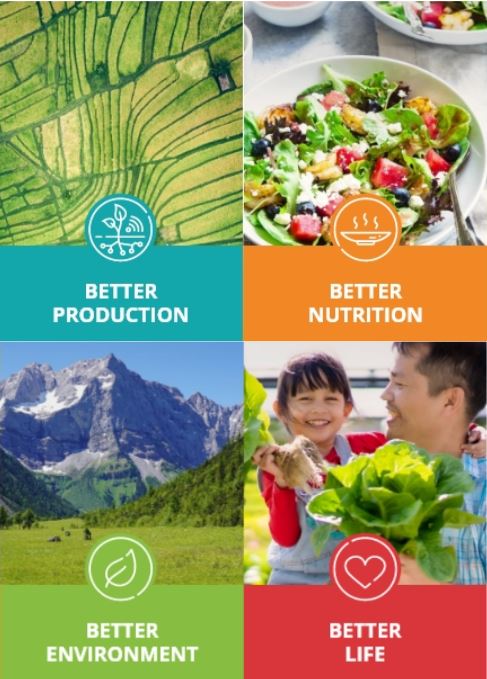
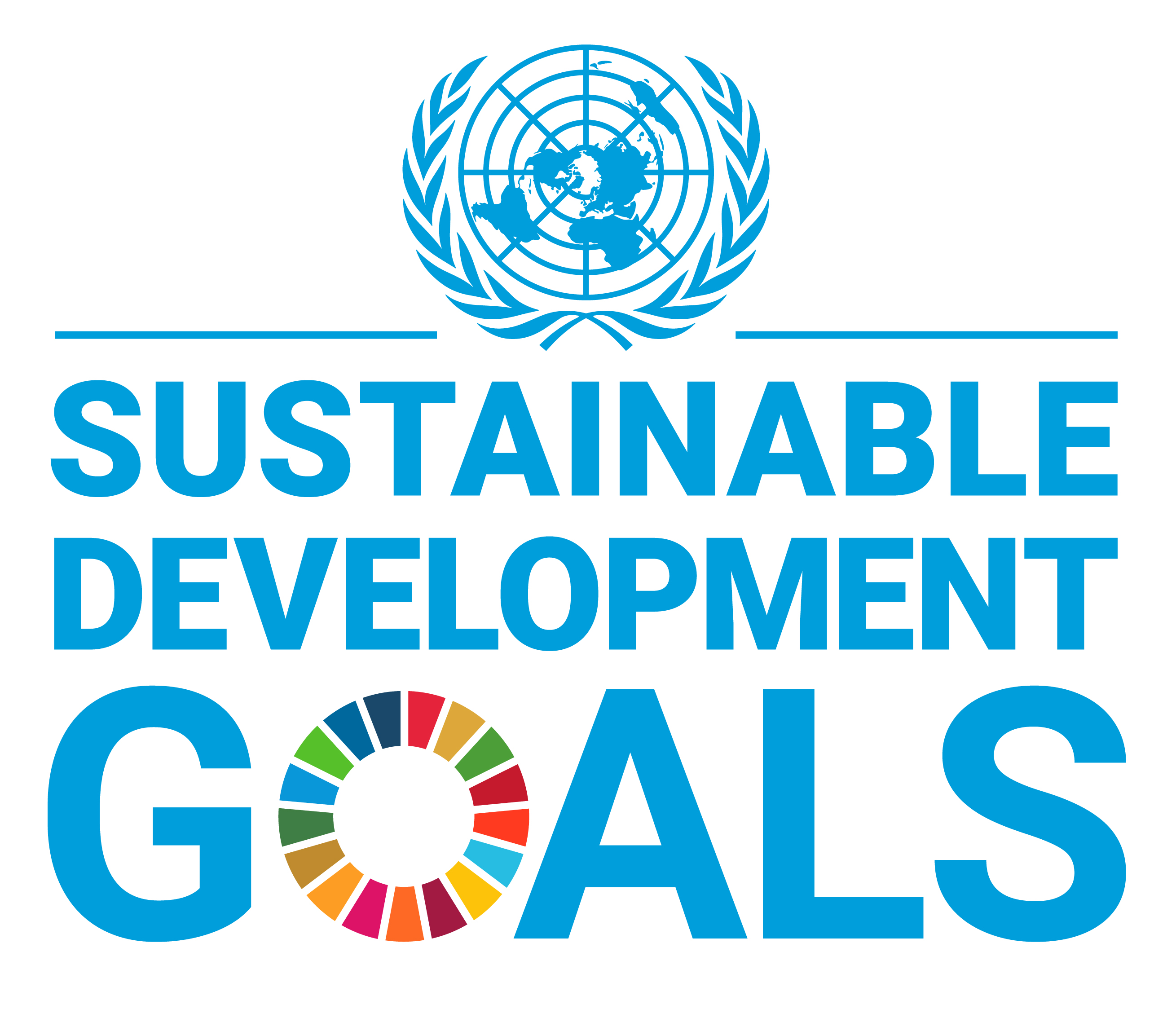
Related links
- TCP Evaluation 2020
- Partnerships
- Resource Mobilization
- South-South Cooperation
- FAO in Emergencies
- TCP Report 2019
Contact

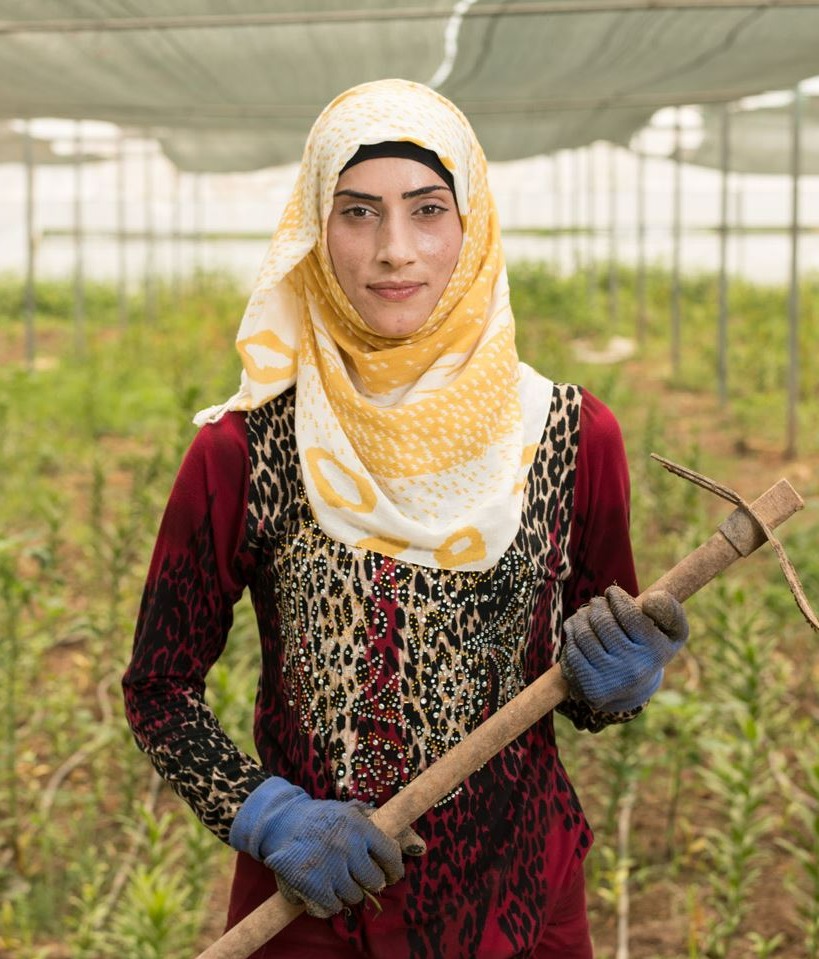

.jpg?sfvrsn=cc7ff30e_6)
